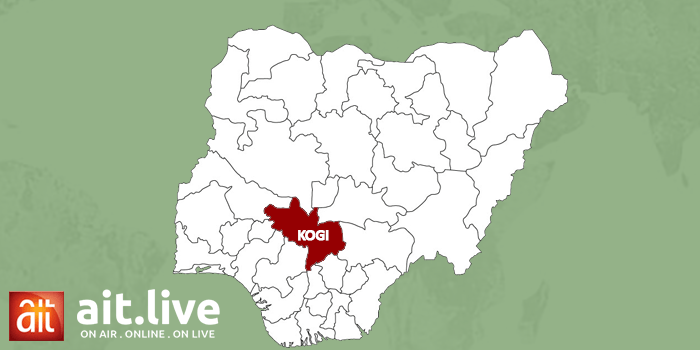One Nicholas Ojehomon, a witness of the Economic and Financial Crimes Commission EFCC, on Thursday told the Federal High Court in Abuja that neither Kogi State government nor any of its local government ever transferred funds into the bank account of the American International School in Abuja as school fees.
Ojehomon who is the third preosecution witness in the alleged money laundering charges against the immediate past governor of Kogi State, Yahaya Bello, by EFCC also said that Yahaya Bello’s name never appeared among the parents that paid school fees for their children.
When preceedings commenced on Thursday, the trial judge, Justice Emeka Nwite rejected the EFCC’s objection to the admissibility of a judgment of the Federal Capital Territory High Court between Ali Bello and Incorporated Trustees of American International School.
The Judge had, at the last hearing, adjourned for ruling on the admissibility of the judgment, which had decided the issue of payment of fees or refund in the ongoing case in favour of the defendant after entertaining arguments for and against the admissibility of the said documents.
EFCC witness Nicholas Ohehomon identified Exhibit 13-P-1 as a telex sent by Ali Bello to the school and confirmed additional exhibits showing payments made by Forza Oil and Gas and Whales Oil and Gas on behalf of the former governor’s children, prompting further objections by the defense.
The defense counsel and senior advocate of Nigeria Joseph Daudu, sought to tender the judgment and related receipts, while the prosecution counsel, also Senior advocate of Nigeria, Kemi Pinheiro, opposed the request, saying that the case was still ongoing.
In his ruling on Thursday, Justice Nwite said the issue of tendering documents was governed by the law, looking at: “whether the facts are pleaded, whether the documents are relevant, whether the documents are admissible.”
He added, that the Admissibility of documents is strictly guided by law as far as it satisfies the provision of Section 102 and 104 of the Evidence Act, the question is; at what point can the defendant tender documents?
Justice Nwite said the court was inclined to agree with the counsel to the defendant, noting that the court was already on the platform of substantial justice.
The court however discountenanced the argument that the defence cannot present the said document.
While being cross-examined, the witness said he had worked with the American International School for eight years and was employed as an internal auditor.
When he was given Exhibit 19 (the FCT Court judgment), and asked to read out parts of the judgment, the prosecution counsel, Olukayode Enitan, SAN, objected.
The EFCC lawyer said the difference between the document and the ones they tendered “is that those documents are not judgments of the court.”
The defense counsel, Joseph Daudu SAN, however stated that the evidence has been tendered and admitted by the court and should be allowed to conduct his case the way it should, a submission the court agreeed to.
MUST READ: Livestock Farming : FG Partners Kogi Govt. To Boost Production
The witness therefore read out the part of the judgment that said there was no court order for the school to return the money to EFCC or any judgment declaring the money as proceeds of money laundering.
In addition, the Judgment held that AISA had a binding contract with the Bello family on future fee payments of school fees of children in the school.
The witness also admitted that the name of Yahaya Bello was not on the letter for the payment of the $760,910 to American International School.
On the source of the payment of school fees to the school, the EFCC witness admitted that there was no wired transfer from the Kogi State Government or any of the local Governments in the state.
After listening to the witness and lawyers in the matter, Justice Nwite, adjourned the case to May 9, 2025, for continuation of trial.
(Editor : Ena Agbanoma)








